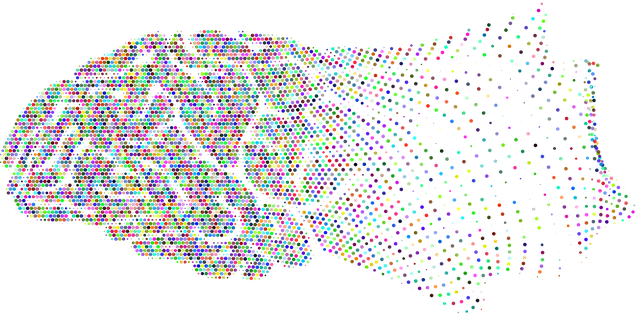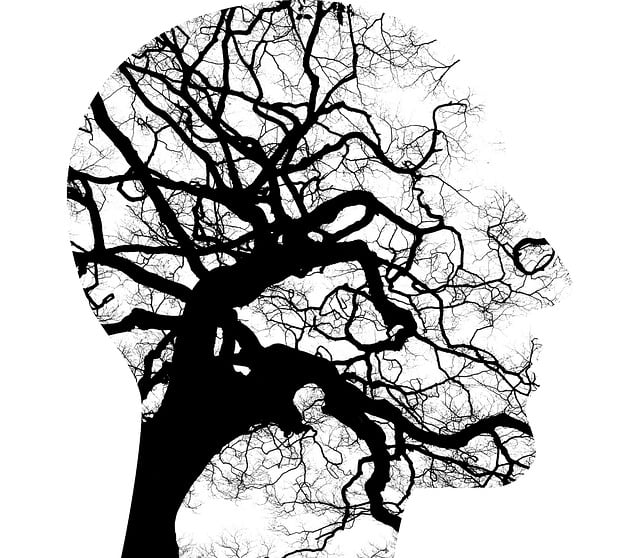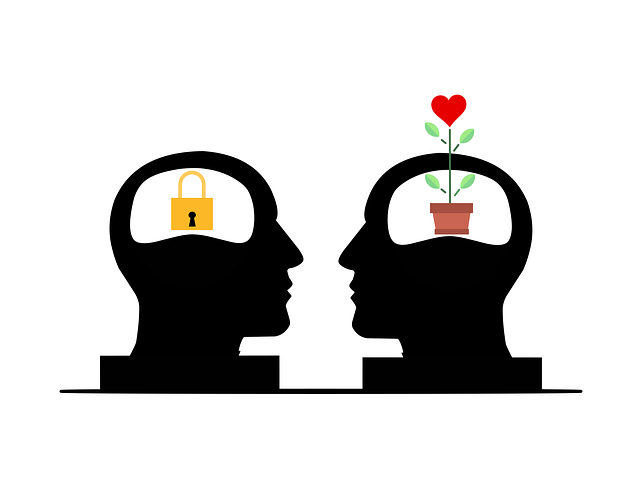In Chinese culture, mental illness stigma arises from a blend of traditional beliefs and modern influences, leading to isolation and reluctance to seek help. However, there's growing recognition that mental health is like physical health, with the rise of Superior Mandarin Chinese Speaking Therapy (SMCST). This therapy offers culturally sensitive guidance, integrating positive thinking and conflict resolution techniques to reduce stigma. Open conversations about mental wellness, crisis intervention, and catering to cultural nuances are crucial in fostering understanding and ensuring support without judgment or discrimination, especially as society becomes more globalized. SMCST creates a welcoming environment, encouraging trust and open discussions, improving risk assessment, and boosting self-esteem, ultimately disarming mental illness stigma. Community engagement and tailored therapy, along with policy changes, play key roles in eliminating this stigma.
Mental illness stigma remains a significant challenge globally, particularly within deeply cultural societies. This article explores targeted strategies for stigma reduction in Chinese communities, focusing on the unique benefits of Superior Mandarin Chinese Speaking Therapy. We delve into the interplay between cultural nuances, community engagement, education, and policy changes. By examining these multifaceted approaches, we aim to illuminate effective paths towards a more inclusive and supportive environment for mental health discourse and care.
- Understanding Mental Illness Stigma in Chinese Culture
- The Role of Superior Mandarin Chinese Speaking Therapy in Reduction Efforts
- Community Engagement and Education Strategies
- Policy Changes and Their Impact on Stigma Elimination
Understanding Mental Illness Stigma in Chinese Culture

In Chinese culture, mental illness stigma often stems from a blend of traditional beliefs and modern influences. Historically, mental health issues have been associated with spiritual or moral failures, leading to social isolation and a reluctance to seek professional help. This stigma is exacerbated by a lack of open discussion about mental wellness, which is frequently considered a private matter within families. However, there’s a growing recognition that mental illness is a legitimate medical condition, just like physical ailments. The rise of Superior Mandarin Chinese Speaking Therapy plays a crucial role in this shift, offering culturally sensitive support and guidance to individuals dealing with these challenges.
The integration of positive thinking and conflict resolution techniques into therapy has proven effective in reducing stigma. By encouraging open conversations about mental health and providing crisis intervention guidance, these therapeutic approaches foster understanding and empathy within the community. Furthermore, as Chinese society becomes more globalized, there’s an increasing demand for mental health services that cater to cultural nuances. This shift towards acceptance is vital in ensuring individuals receive the support they need without fear of judgment or discrimination.
The Role of Superior Mandarin Chinese Speaking Therapy in Reduction Efforts

In the context of mental illness stigma reduction, Superior Mandarin Chinese Speaking Therapy plays a pivotal role in fostering understanding and empathy within the Chinese community. This specialized approach addresses the unique cultural nuances and linguistic barriers often faced by individuals seeking mental health support. By offering therapy in Mandarin Chinese at a superior level, mental health professionals can create a more inclusive environment, reducing the stigma associated with seeking help. Such therapy not only facilitates effective communication but also promotes trust and encourages open discussions about mental well-being.
Furthermore, this therapy extends beyond language proficiency. It incorporates techniques tailored to address specific cultural beliefs and practices, enhancing the overall therapeutic experience. This personalized approach can contribute to better risk assessment for mental health professionals by understanding clients’ backgrounds, thus preventing burnout. Additionally, it may support self-esteem improvement in patients, as they feel heard, respected, and understood, ultimately disarming the stigma that often surrounds mental illness within the Chinese community.
Community Engagement and Education Strategies

Community engagement and education are powerful tools in the fight against mental illness stigma. By bringing therapy to diverse communities, especially those with limited access to mental health services, such as areas with a high concentration of superior Mandarin Chinese-speaking populations, we can significantly impact stigma reduction. This approach not only overcomes language barriers but also fosters trust and understanding within these communities.
Educational initiatives, including the production of a mental wellness podcast series and the provision of journaling exercise guidance tailored to different cultural contexts, can help destigmatize mental health discussions. Engaging community leaders and influential figures in promoting positive thinking and sharing personal stories can further normalize conversations about mental wellness. These strategies collectively contribute to creating a more inclusive and supportive environment where individuals feel encouraged to seek help without fear of judgment.
Policy Changes and Their Impact on Stigma Elimination

政策变化在消除心理疾病污名方面发挥着关键作用。通过修订和实施新的法规,许多国家已采取积极措施来促进对心理健康的理解和支持。例如,一些政府开始将心理健康服务纳入公共医疗体系,确保每个人都能获得必要的治疗和支持,从而减少了经济负担和歧视。此外,针对特定群体的政策也十分重要。针对年轻人或老年人的定制化项目可以更好地满足他们的需求,消除与年龄相关的同情或误解。
在心理疾病治疗方面,引入Superior Mandarin Chinese Speaking Therapy为患者提供个性化的支持变得越来越普遍。这种治疗方法不仅克服了语言障碍,还为讲中文的群体提供了更易于接受和理解的护理。此外,组织如Stress Management Workshops和专注于改善沟通策略的组织也在助力消除污名。通过教育和提高公众意识,这些努力共同促进了一个更加包容和理解的环境,使心理疾病患者能够获得所需的帮助,无畏地寻求治疗。
Mental illness stigma reduction is a multifaceted endeavor, especially within culturally diverse communities like China. By examining specific strategies such as the role of superior Mandarin Chinese speaking therapy, community engagement, education, and policy changes, we can see significant progress in eliminating stigma. These efforts not only promote understanding but also foster inclusive environments where individuals with mental health concerns can seek support without fear of judgment. Ultimately, continued dialogue and collaborative initiatives are key to sustaining these positive changes and ensuring a more accepting society for all.












